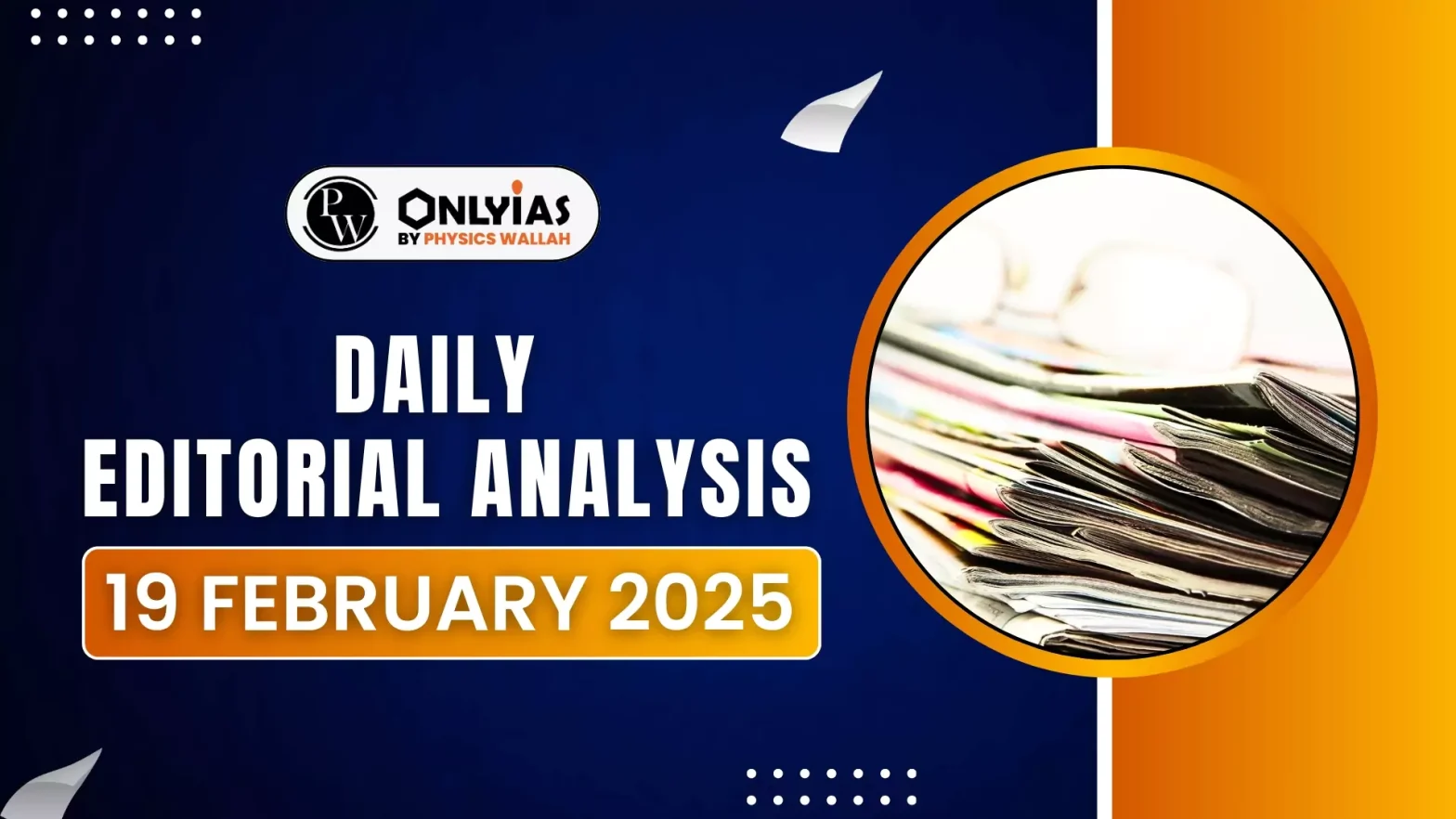Recently, our constitutional courts have adopted the concept of “constitutional morality” to help interpret laws and decide if they are constitutionally valid.
Constitutional Morality
- About: Constitutional morality refers to a civic culture of respecting constitutional forms, institutions, and processes while promoting public reason, self-restraint, and critique.
- In India, this concept has gained prominence as courts increasingly rely on it to interpret laws and adjudicate rights-based issues.
- Key Judgements: Courts in India increasingly use constitutional morality to interpret laws, as seen in Navtej Singh Johar (2018) and Joseph Shine (2018).
- It serves as a safeguard against fluctuating public morality and ensures legal principles remain just and fair.
- Relevance: Contemporary debates on LGBTQ+ rights, women’s entry into temples, free speech, and national security highlight the relevance of this concept.
Historical Origins of Constitutional Morality
- Greek History: Grote’s A History of Greece reflected Victorian admiration for ancient Greece and sought to defend Athenian democracy against critics like John Gillies and William Mitford.
- He described Athenian democracy as “one of the most important and prolific events in all Grecian history.”
- Definition: Grote characterized constitutional morality as a “rare and difficult sentiment” involving paramount reverence for the constitution’s forms and procedures.
- Citizens’ actions were to be governed solely by the rule of law, free from external censure beyond legal authority.
- Elements of Constitutional Morality: Mere existence of constitutional rules and procedures was insufficient for a stable democracy. The longevity of a constitution depended on the development of civic culture, which included:
- Respect for constitutional forms and offices.
- Application of public reason, self-restraint, and critique.
- Assurance that constitutional rules remain sacred even amid political differences.
B.R. Ambedkar’s Perspective on Constitutional Morality
- Adoption in India: In his speech The Draft Constitution (November 4, 1948), Dr. Ambedkar emphasized that constitutional morality was not a natural sentiment in any polity but had to be “established and diffused” for a free and peaceable democracy.
- Challenges: Dr. Ambedkar acknowledged the historical rarity of constitutional morality. He warned that it was possible to subvert the Constitution without altering its form by changing administrative practices to contradict its spirit.
- Self-Restraint: For Ambedkar, self-restraint was a prerequisite for preserving freedom under a well-constituted government. He viewed constitutional morality as a safeguard against authoritarian tendencies and political manipulation of constitutional provisions.
Relevance of Constitutional Morality
- Core Principle: Constitutional morality requires unwavering adherence to the Constitution, independent of transactional expectations.
- It ensures that constitutional outcomes are accepted even when they diverge from individual or group value judgments.
- Balancing Imperatives: The framework navigates between respect for constitutional forms and the critique of their operations. It mandates adherence to established procedures while permitting their questioning and reform.
- Constitutional Patriotism: Unlike Jürgen Habermas’ constitutional patriotism, which links political allegiance to constitutional norms and values, constitutional morality focuses on managing differences through agreed-upon procedures.
- While the former promotes moderate cultural nationalism, the latter risks fostering a singular-identity democracy.
- Significance: Constitutional morality prevents democratic commitment from turning into fundamentalism. It fosters a mature constitutionalism that balances reverence for the Constitution with necessary reforms.
Conclusion
India’s founding fathers viewed the Constitution’s promulgation as an expression of allegiance to constitutional form rather than rigid ideology.
![]() 19 Feb 2025
19 Feb 2025

